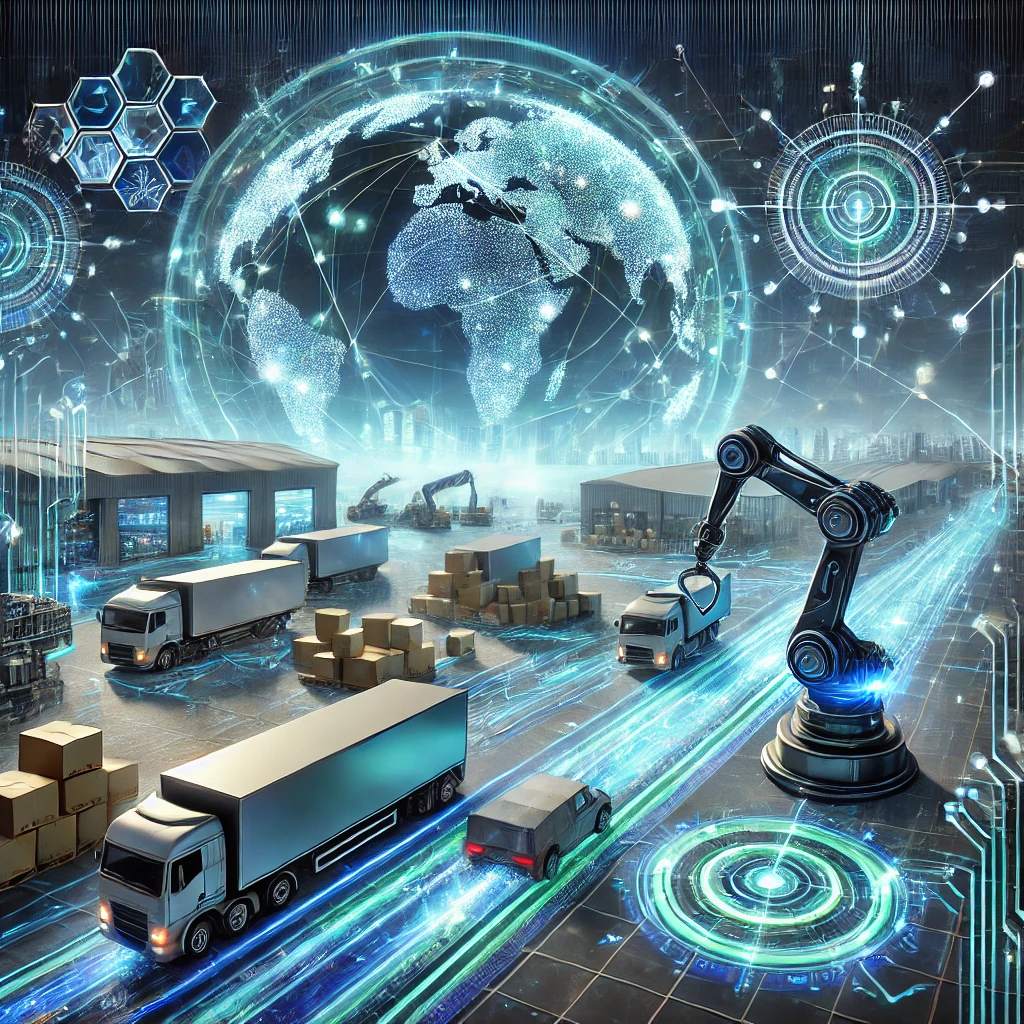How AI is Transforming Supply Chain Analytics
The supply chain world is evolving at an unprecedented pace, thanks to the integration of artificial intelligence (AI). From streamlining operations to predicting future demands with precision, AI is not just solving old problems—it’s rewriting the rules of efficiency and reliability. Businesses across the globe are leveraging AI to optimize processes, enhance customer satisfaction, and stay ahead in an increasingly competitive landscape.
Revolutionizing Demand Forecasting
One of the trickiest parts of supply chain management is accurately predicting demand. Missteps in forecasting can lead to empty shelves or overstocked warehouses, both of which cost businesses money. AI eliminates guesswork by analyzing patterns in sales data, market trends, and external factors like weather or economic shifts. For example:
- PepsiCo uses AI to analyze retailer data, ensuring they avoid product shortages while keeping inventory lean.
- Improved forecasting reduces waste and creates a more reliable supply chain system.
Optimizing Inventory Management
Balancing inventory is a constant struggle. Too much stock ties up capital, while too little leads to missed sales. AI bridges this gap by studying sales trends, supplier behavior, and delivery times to recommend optimal stock levels. A standout example is Amazon, which uses AI to strategically place products in warehouses based on customer demand, seasonal trends, and location. This minimizes waste, speeds up deliveries, and keeps customers satisfied.
Smarter and Faster Deliveries
Delays in transportation can disrupt the entire supply chain, but AI has a solution. By calculating the most efficient routes and adapting to real-time conditions, AI ensures that deliveries are faster and more cost-effective. Consider UPS, which employs AI systems to optimize driver routes based on:
- Package loads
- Traffic conditions
- Delivery deadlines
This results in fewer stops, reduced fuel consumption, and quicker deliveries, creating a win-win for businesses and customers alike.
Reducing Supplier Risks
Unpredictable events like natural disasters or financial instability can derail operations. AI mitigates these risks by monitoring supplier performance and global events. When disruptions occur, AI suggests alternative suppliers, ensuring seamless operations even in challenging circumstances.
Improving Customer Experiences
AI doesn’t just enhance logistics—it improves the shopping experience, too. By analyzing buying habits, businesses can tailor their offerings to customer preferences. Brands like Shein rely on AI to identify emerging trends and adjust their inventory, ensuring they always have fresh and desirable products available. This personalization drives loyalty and repeat purchases.
Automation in Warehousing
Warehouses are evolving with the help of AI and automation. Tasks like sorting, packing, and inventory management are now faster and more accurate. Walmart, for example, uses high-tech systems to manage perishable goods, providing real-time inventory updates and speeding up order processing. This boosts productivity while cutting costs.
Key Benefits of AI in Supply Chains
- Faster Operations: Automation frees employees to focus on strategic tasks.
- Cost Savings: Optimized routes and inventory reduce expenses.
- Improved Accuracy: AI minimizes errors, leading to better decisions.
- Quick Adaptability: Businesses can respond swiftly to market changes.
Challenges to Address
While AI offers remarkable advantages, its adoption isn’t without hurdles. Companies face challenges such as:
- Data Quality: Reliable, well-organized data is essential for AI systems to function effectively.
- Integration Issues: Incorporating AI into existing processes can be complex and time-consuming.
- Talent Shortages: Many organizations lack the expertise needed to fully utilize AI tools.
The Future of AI in Supply Chains
Looking ahead, the potential of AI in supply chain management is staggering. From self-driving delivery vehicles to fully automated warehouses, the possibilities are endless. By 2028, the global AI supply chain market is projected to exceed $20 billion, growing at an annual rate of 20.5%. Businesses that embrace these innovations will be well-positioned to thrive in an ever-evolving marketplace.
Conclusion
AI is reshaping supply chain management, delivering smarter, faster, and more reliable systems. From demand forecasting to customer satisfaction, the benefits are undeniable. While challenges remain, the future of AI in supply chains is bright. Companies that adopt these technologies today will be the industry leaders of tomorrow, prepared to navigate the complexities of a dynamic global market.



Post Comment